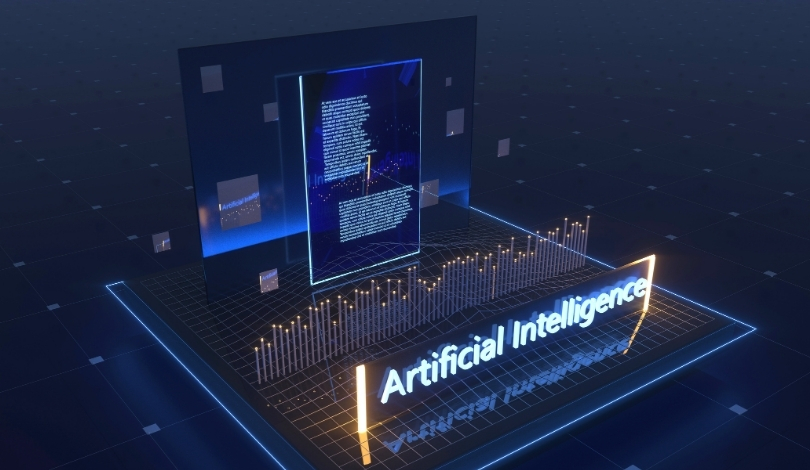AI companies are altering their data acquisition strategies by financially compensating content creators for their surplus video material. This new trend not only provides creators with additional revenue streams but also ensures a steady supply of unique footage for AI training. The implications of this development extend beyond data usage, potentially reshaping the digital content landscape.
Previously, AI companies primarily relied on publicly available content, often leading to disputes and lawsuits over unauthorized use. The shift towards licensing agreements marks a significant move towards more ethical and transparent data sourcing, fostering a cooperative relationship between AI developers and content creators.
Which AI Firms Lead This Initiative?
Major technology players such as Google, OpenAI, and Moonvalley are at the forefront of this movement, actively seeking exclusive and unpublished video content from platforms like YouTube and TikTok. Their goal is to enhance the sophistication of AI video generators by incorporating diverse and high-quality footage.
How Do Payment Rates Vary Among Content Types?
The compensation for video footage ranges between $1 and $4 per minute, depending on the quality and uniqueness of the content. Premium footage, including 4K videos, drone captures, and 3D animations, attracts higher payments, whereas standard content typically earns between $1 and $2 per minute.
What Safeguards Protect Content Creators?
“Most agreements include specific terms preventing AI companies from creating digital replicas of content creators’ work or mimicking exact scenes from their channels,”
explains Andrew Graham of Creative Artists Agency. These measures ensure that the creators’ intellectual property and brand integrity are maintained while allowing their content to contribute to AI development.
Specialized intermediaries like Troveo AI and Calliope Networks facilitate these licensing agreements, managing vast amounts of video footage and ensuring efficient transactions between creators and AI firms. Marty Pesis, CEO of Troveo, highlighted the scale by stating,
“Our company has already paid over $5 million to creators.”
This indicates the substantial demand and the lucrative nature of the current market.
As AI technologies continue to advance, the collaboration between creators and AI companies is expected to deepen, potentially influencing how creators archive and manage their content. This evolving relationship not only benefits the AI industry with better training data but also empowers creators with new monetization avenues.
Looking ahead, content creators should consider strategically organizing their unused footage to capitalize on these licensing opportunities. The current high demand suggests that such lucrative deals may not remain available indefinitely, making it prudent for creators to engage with these platforms promptly.










